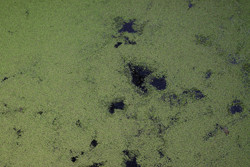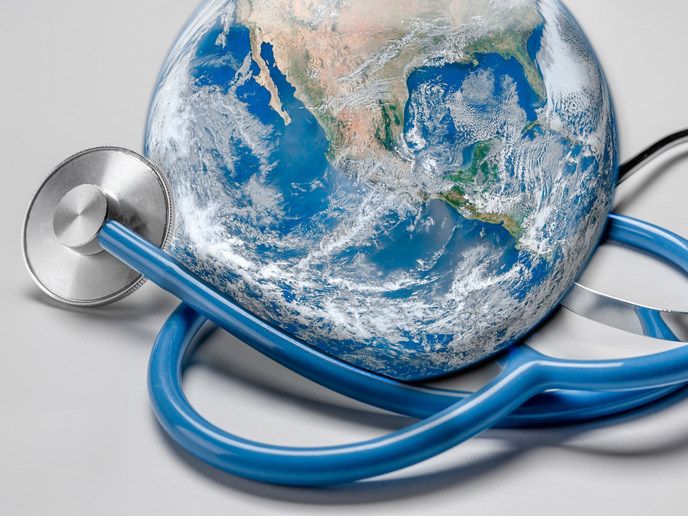Algae for value-added products
Freshwater algae (also known as microalgae due to their small size) are a promising source for the production of over 15 000 biomaterials. They include omega-3 and omega-6 fatty acids and carotenoids. Their composition in oil has also made them a possible source for the production of environmentally friendly biofuel. However, the processes needed to extract these important materials are not always cost effective. Therefore, the 'Genetic improvement of algae for value added products' (GIAVAP)(opens in new window) project was established to genetically transform algae for the commercial production of biomaterials. Project partners aimed to genetically engineer species of microalgae in order to make them better suited to specific growth conditions. Researchers focused on specific mechanisms that altered stress tolerance, product content and accumulation, and metabolic pathways, as well as resistance to pathogens. Large-scale cultivation, harvesting and extraction techniques were adapted and applied to seven different microalgae species of economic interest. Algal biomass and purified bioproducts were successfully tested in various model systems, indicating their wide application potential in health, agriculture and aquaculture production. The consortium successfully genetically engineered seven microalgae species over the course of the project. The result was improved production of long-chain polyunsaturated fatty acids, carotenoids and high-value medical proteins. To date, five patents dealing with important breakthroughs in algal genetic engineering have been granted or submitted. In addition, 32 peer-reviewed publications have been published or are in press. GIAVAP resulted in a huge amount of new data and scientific breakthroughs in genetic engineering and biotechnology of microalgae. Application of this new information has major potential for commercial exploitation of microalgae, ensuring the sustained, large-scale production of high-value–added products at competitive prices.







